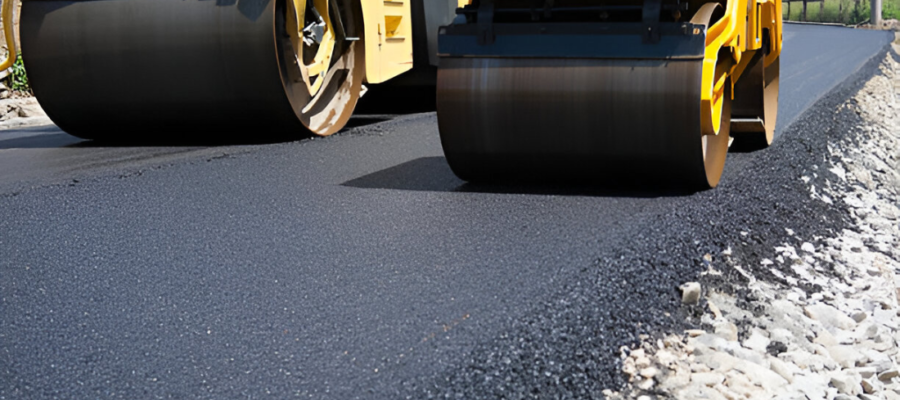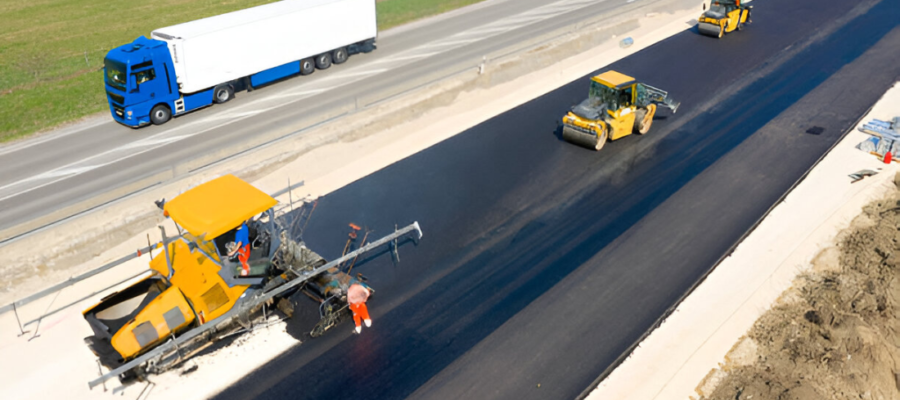
Maintaining roads is a perpetual challenge for municipalities around the world. As urban populations grow and traffic volumes increase, roads undergo significant wear and tear, leading to deterioration over time. Traditional road maintenance methods can be costly and time-consuming, often requiring extensive repairs or resurfacing. However, micro surface treatment offers a cost-effective alternative that can significantly extend the lifespan of roads while minimizing disruption to traffic flow.
Micro surface treatment, also known as microsurfacing, is a preventive maintenance technique that involves the application of a thin layer of asphalt emulsion mixed with finely crushed aggregate to the surface of a road. This slurry mixture is applied using specialized equipment, typically in a single pass, creating a smooth and durable surface that seals cracks, improves skid resistance, and restores surface texture.
One of the primary benefits of micro surface treatment is its cost-effectiveness compared to traditional road maintenance methods. By proactively addressing minor surface defects and preventing further deterioration, municipalities can avoid the need for more extensive repairs or reconstruction in the future. The relatively low material and labor costs associated with microsurfacing make it an attractive option for cash-strapped municipalities looking to stretch their infrastructure budgets further.
Furthermore, micro surface treatment offers long-lasting results, with treated roads typically exhibiting extended service lives of five to seven years or more. This longevity is due to the protective barrier created by the microsurfacing, which shields the underlying pavement from water infiltration, UV damage, and oxidation. By preserving the structural integrity of the road, micro surface treatment helps delay the need for costly rehabilitation or reconstruction projects, saving municipalities money in the long run.
In addition to its cost-effectiveness, micro surface treatment offers several other benefits that contribute to safer and smoother roads. The thin layer of microsurfacing helps improve skid resistance, reducing the risk of accidents, especially in wet or icy conditions. The restored surface texture also enhances driver comfort and reduces road noise, creating a more pleasant driving experience for motorists.
Another advantage of micro surface treatment is its minimal environmental impact compared to traditional road maintenance methods. The use of cold-mix asphalt emulsions and recycled aggregates reduces the carbon footprint of the process, making it a more sustainable option for road maintenance. Additionally, the quick curing time of microsurfacing minimizes disruption to traffic flow, further reducing emissions from idling vehicles stuck in construction zones.
In conclusion, micro surface treatment offers a cost-effective and sustainable solution for road maintenance challenges faced by municipalities. By proactively addressing surface defects and extending the lifespan of roads, microsurfacing helps save money, enhance safety, and minimize environmental impact. As urban populations continue to grow and infrastructure budgets remain tight, micro surface treatment is poised to become an increasingly valuable tool in the arsenal of road maintenance strategies.
- May 18, 2024
- By: admin
- Category:Micro Surfacing Emulsion, Micro Surfacing emulsion supplier in Maharashtra
- no comments
- Tags: Bitumen Emulsion Manufacturers in mumbaiBitumen Emulsion Manufacturing Company
Related Posts




